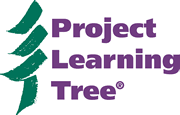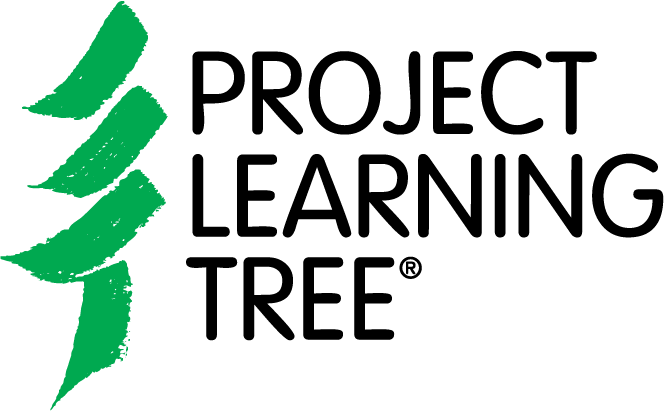With a school motto of “nature is our best teacher,” environmental education infuses everything in the Learning Gate School’s campus and curriculum. The Florida school’s 27-acre campus includes nature trails, wetlands, and a large organic garden maintained by the school’s students. Originally a private school founded 25 years ago by local schoolteacher Patricia Girard, Learning Gate became a public charter school in 2000, and now serves 800 students in the Tampa Bay area, with a waiting list of more than 600 students. Parents play a big role in Learning Gate’s programs: they are required to volunteer 30 hours a year and take 10 hours of parent education classes.
Learning Gate is a Certified PLT GreenSchool and the school also was one of a select group of 78 schools across the U.S. to be named by the U.S. Department of Education to the inaugural class of Green Ribbon Schools in April 2012.
Students of all ages participate in the ecological curriculum, and students spend 30 percent of their day in outdoor classes. Students also are required to complete a Junior Master Gardening program, and through their efforts, the school donated more than 2,200 pounds of produce from the school’s organic garden to a local charity one year alone.
Here are some other ways they have put the PLT GreenSchools investigations to work.
Waste & Recycling Investigation
Kindergarteners initiated a “waste-free lunch” program; 3rd graders spearhead the school’s composting project; 4th grade students are responsible for ink cartridge recycling, and middle-school students operate the electrical recycling program.
Water Investigation
A 10,000-gallon rainwater harvesting system helps put grey water to good use both indoors and out. The school was the first in Florida to use cisterns—water-collection systems for rainwater and dew—to flush toilets. After completing the Water Investigation, students recommended that the school install hands-free faucets to replace leaky conventional faucets in some of the school’s older buildings, which they estimated wasted nearly 30 gallons of water per day. A PLT GreenWorks! grant allowed them to purchase 15 new faucets, and a volunteer grandparent who owns a local plumbing company installed the faucets—and donated an additional two. The school’s Green Team does a weekly check of school buildings and classrooms to monitor water use and quickly identify any leaks.
Energy Investigation
As they completed the Energy Investigation, Learning Gate students used a watt meter to measure the amount of electricity used by televisions, computers, phone chargers and even electric pencil sharpeners left plugged in while not in use. They presented their findings on so-called “phantom” energy in brochures, posters and demonstrations to fellow students, teachers, staff, parents and community members to encourage everyone to unplug devices that were not being used. Thanks to the students’ recommendations, classroom lights are now controlled by sensors.
School Site Investigation
Learning Gate was the first school in the nation with a building that meets the U.S. Green Building Council’s requirements for LEED Platinum certification. Students did all the research to decide what components would go into the new building, and presented their findings to the teachers and administrators who made construction decisions.
Environmental Quality Investigation
Learning Gate is a mercury-free school, with no mercury thermometers or liquid mercury on campus. The school adopted an Integrated Pest Management plan—a sustainable approach to managing pests by combining biological, cultural, physical and chemical tools in a way that minimizes economic, health, and environmental risks. Learning Gate also adopted practices that mandate proper labeling, use, storage and disposal of cleaning and laboratory chemicals and, whenever possible, has reduced the use of such chemicals.


